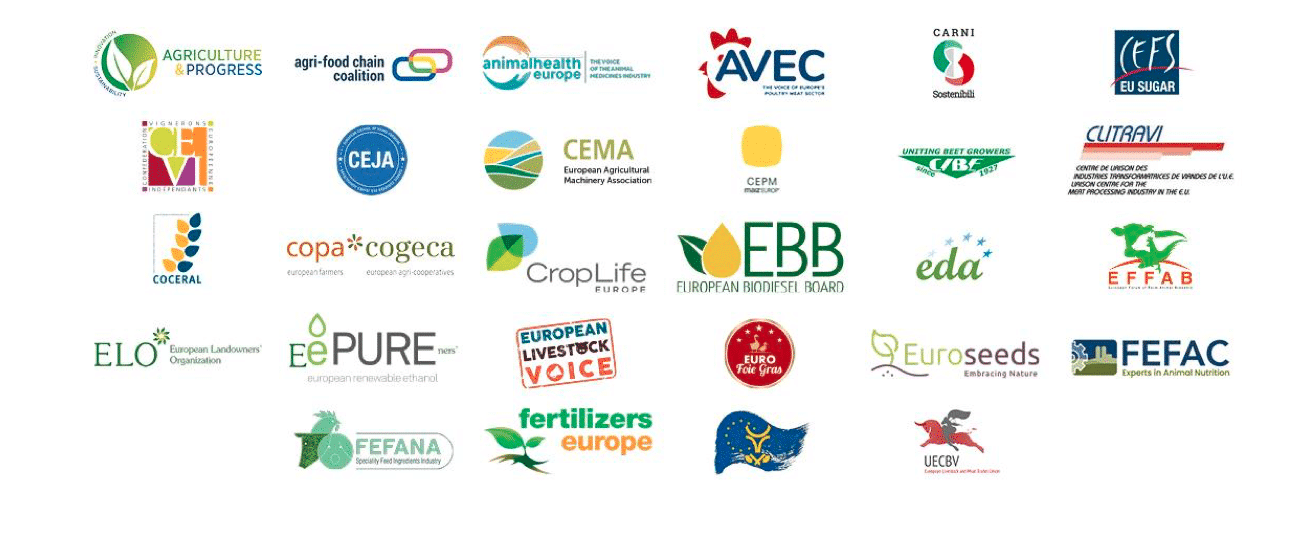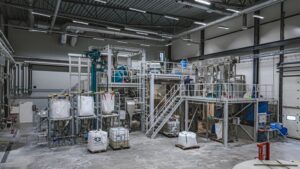Food chain actors all agree with the main principles set out in the Farm to Fork strategy and are fully aware that constant and substantial improvement must be made to ensure a more sustainable approach for our food systems. Nevertheless, several recently published studies on the Farm to Fork strategy indicate that the current targets, if implemented as proposed, will come at a significant cost for EU farmers and the viability of the entire European agri-food chain.
The time for political messages around the Farm to Fork strategy has passed. It is now time to analyse the data currently available. In recent months, several key reports and studies have tried to assess and measure the impacts of the targets set by the European Commission when presenting the Farm to Fork and Biodiversity strategies in May 2020.
Studies conducted by the USDA, the HFFA Research, the Joint Research Centre of the EU (JRC), Kiel University as well as Wageningen University and Research (WUR) all conclude that there are several significant impacts, trade-offs and blind spots that urgently need to be considered by policymakers in the EU (and beyond).
The WUR study also highlights the key importance of advanced technologies, such as novel genomic techniques, to offset the impact of the Farm to Fork strategy on the EU agriculture, which confirms the findings of the HFFA Research study demonstrating that plant breeding in the European Union drives socio-economic and environmental sustainability and can partially compensate production losses potentially resulting from the implementation of the EU Farm to Fork and Biodiversity strategies.Euroseeds shares concerns regarding the lack of impact assessment and firmly believes that the European seed sector can help mitigate negative impacts provided that breeders are given access to the ‘full toolbox’ of latest technologies, such as novel genomic techniques.












